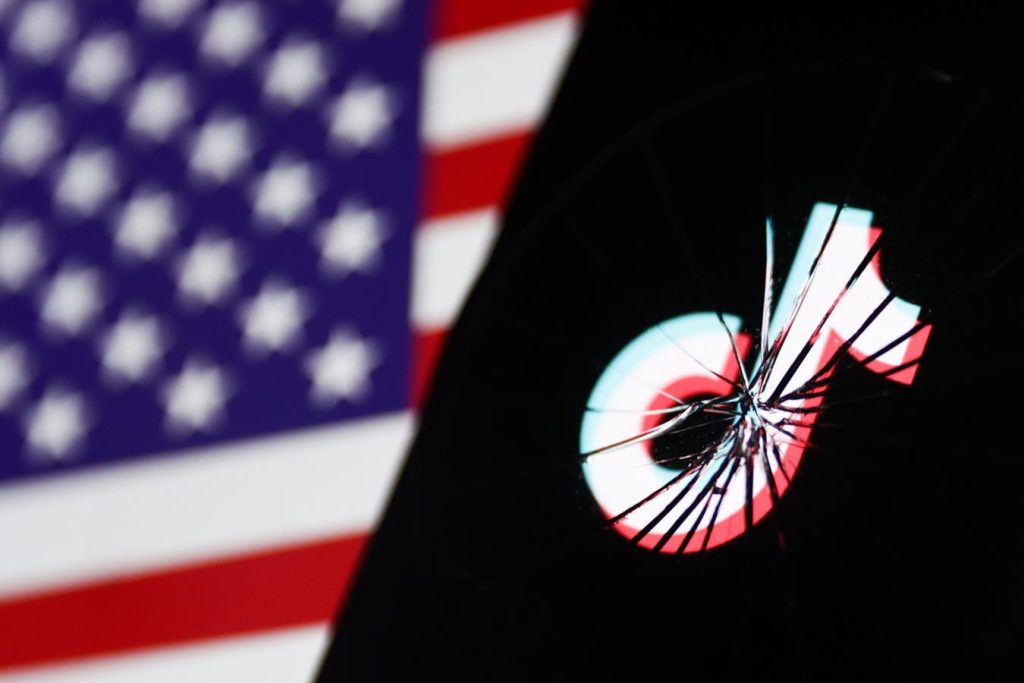The Supreme Court’s surprising decision to expedite the hearing of TikTok’s challenge against a ban imposed by the outgoing Trump administration has set the stage for a high-stakes legal battle with far-reaching implications for free speech, national security, and the regulation of foreign tech companies in the United States. The Court’s order, scheduling oral arguments for January 10 and demanding expedited briefing over the holiday season, signals a potential ruling on the law’s constitutionality or a stay of its enforcement before the impending ban takes effect on January 19. This rapid timeline suggests the Court’s intent to address the matter swiftly, possibly preempting any action by the incoming Biden administration.
The Court’s decision to expedite the case effectively bypasses one of TikTok’s core arguments, which urged the Court to defer action until President Biden’s stance on the law became clear. By setting the hearing date before the inauguration, the Court ensures that the law will be defended by Biden’s Department of Justice (DOJ), which was involved in drafting the legislation, rather than Trump’s DOJ, which may have received instructions to oppose it under a new administration. This procedural maneuver underscores the Court’s focus on the legal merits of the case, irrespective of the shifting political landscape.
The central legal question revolves around the D.C. Circuit Court of Appeals’ novel interpretation of the First Amendment. The Appeals Court upheld the ban, arguing that restricting access to TikTok ultimately protects Americans’ free speech by safeguarding the information ecosystem from foreign influence. This interpretation presents a complex and potentially precedent-setting view of First Amendment protections, suggesting that restrictions on speech can be justified if they aim to prevent broader manipulation or control of information. The Supreme Court’s decision will determine whether this interpretation stands, potentially reshaping the understanding of free speech in the digital age.
The stakes for TikTok and its parent company, ByteDance, are immense. If the Supreme Court upholds the ban, ByteDance would be compelled to divest TikTok to a non-Chinese entity or exit the lucrative U.S. market entirely. This would not only impact TikTok’s vast user base of over 170 million Americans but also affect other ByteDance-owned apps like CapCut, Lemon8, and Gauth, which would similarly face divestiture or discontinuation in the U.S. The case represents a pivotal moment for the company, with its future in the U.S. hanging in the balance.
While the Supreme Court’s decision holds the ultimate power, the outgoing Trump administration and the incoming Biden administration retain some agency in this unfolding drama. The law grants the president a one-time, three-month extension for ByteDance to complete a sale of TikTok. This provision introduces a layer of political maneuvering, as President Trump could theoretically grant this extension on his final day, or even hours after a potential ban takes effect, effectively delaying the enforcement and potentially passing the decision onto President Biden. Conversely, President Biden could preemptively grant the extension before leaving office, thereby preventing Trump from utilizing this option and potentially signaling his own approach to the TikTok issue.
TikTok, for its part, remains optimistic about its prospects before the Supreme Court. The company believes the ban infringes on the free speech rights of its American users and anticipates the Court will find the law unconstitutional. This optimism reflects the company’s conviction that its platform serves as an important venue for expression and communication, and that the ban represents an overreach of government authority. The Supreme Court’s impending decision will not only determine TikTok’s fate but also set a crucial precedent for how the U.S. navigates the complex intersection of national security concerns, free speech principles, and the regulation of global technology companies.

